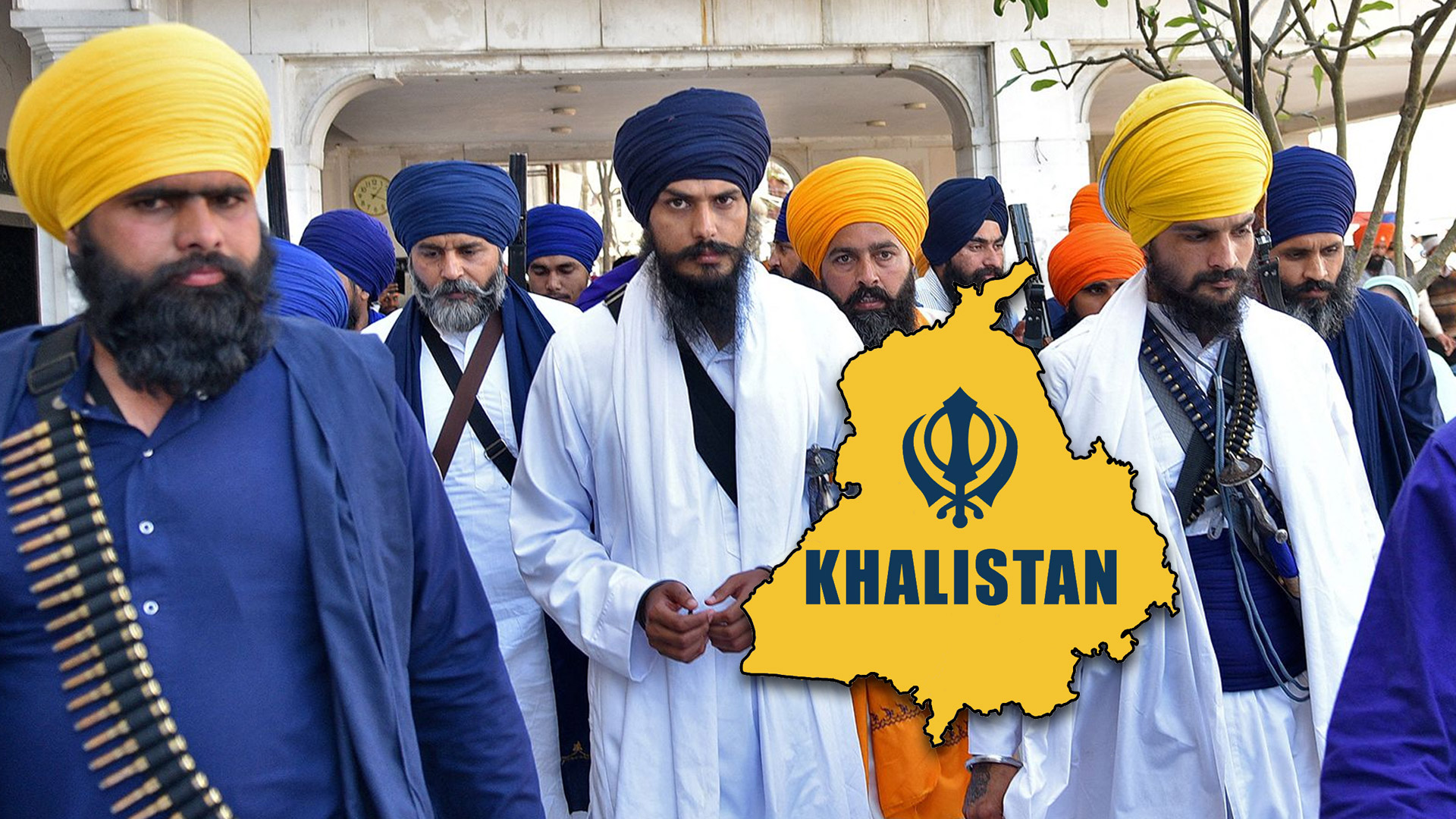Despite the flaws and challenges that beset the country, the AAP’s recent victory shows that India’s democratic roots are strong and deep. [Click the image above or scroll down to view the mini gallery.]
The first seeds of the anti-corruption movement in India were sown under the banner of India Against Corruption, headed by Anna Hazare. As time passed and the government remained unresponsive, members of the movement decided that direct political action was necessary, and the Aam Aadmi Party (AAP) was born.
Emerging from a movement and lacking political experience cost the AAP dearly. After its first state assembly election in 2013, the party formed a minority government in Delhi but eventually resigned after lackluster support for its agenda from other parties. The AAP was duly written off by many in the political elite.
Learning from its past experience, the AAP returned to its populist roots. Arvind Kejriwal, the party’s leader, endeared himself to many in India who looked to the AAP for change. A lack of money and time created an uphill battle for the Aam Aadmi Party. Its biggest asset was the non-traditional political persona: an honest image, simple outlook, and high morals and ideals.
The party’s strategic use of social media played a vital role. Its manifesto was simple, but it lucidly dealt with the basic problems of food, clothing and shelter, as well as universal access to education — all requirements for a dignified life.
Kejriwal’s public apology following the resignation of his first state government in 2014, which was unheard of since the times of Mahatma Gandhi and Jawaharlal Nehru, was a major turning point.
Of utmost importance for the AAP’s recent victory in the 2015 state assembly election in Delhi, which took place in February, was the public rejection of the Bharatiya Janata Party’s (BJP) negative campaign. The BJP’s decision to parachute in a candidate, Kiran Bedi, at the last minute turned off many voters. She was not even able to convince people in her own party that she was a better candidate.
The AAP’s success is a more significant victory if seen from a national perspective. Indian Prime Minister Narendra Modi and the BJP seemed unstoppable in 2014. Modi’s landslide win in the national polls, as well as victories in state elections in Haryana, Maharashtra and Chattisgarh, to name a few, made the AAP result in Delhi more stunning.
In a larger sense, the AAP’s success is an affirmation of the victory for a multi-party democracy enshrined in the Indian constitution. Despite the many flaws and challenges that beset the country, not to mention recent squabbles within the AAP, the 2015 state assembly election showed that India’s democratic roots are strong and deep.
The views expressed in this article are the author’s own and do not necessarily reflect Fair Observer’s editorial policy.
Photo Credit: Amay Yadav
 We bring you perspectives from around the world. Help us to inform and educate. Your donation is tax-deductible. Join over 400 people to become a donor or you could choose to be a sponsor.
We bring you perspectives from around the world. Help us to inform and educate. Your donation is tax-deductible. Join over 400 people to become a donor or you could choose to be a sponsor.
For more than 10 years, Fair Observer has been free, fair and independent. No billionaire owns us, no advertisers control us. We are a reader-supported nonprofit. Unlike many other publications, we keep our content free for readers regardless of where they live or whether they can afford to pay. We have no paywalls and no ads.
In the post-truth era of fake news, echo chambers and filter bubbles, we publish a plurality of perspectives from around the world. Anyone can publish with us, but everyone goes through a rigorous editorial process. So, you get fact-checked, well-reasoned content instead of noise.
We publish 2,500+ voices from 90+ countries. We also conduct education and training programs
on subjects ranging from digital media and journalism to writing and critical thinking. This
doesn’t come cheap. Servers, editors, trainers and web developers cost
money.
Please consider supporting us on a regular basis as a recurring donor or a
sustaining member.
Support Fair Observer
We rely on your support for our independence, diversity and quality.
Will you support FO’s journalism?
We rely on your support for our independence, diversity and quality.






